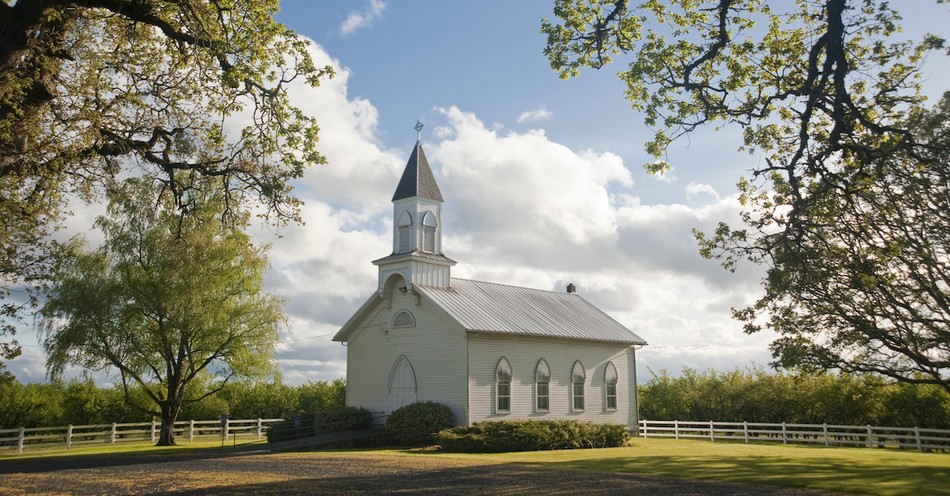Church
About Church
Learn about the Christian Church beliefs and the faith that they have. Discover what the Bible says about controversial views on women's role in the church. Discover some of the many limitations of a digital church. Study how the church can still thrive even under persecution. Discover how you can protect your pastor's marital fidelity. Learn about the differences between Protestant and Catholic doctrine. Discover new truths about the body of Christ.


















